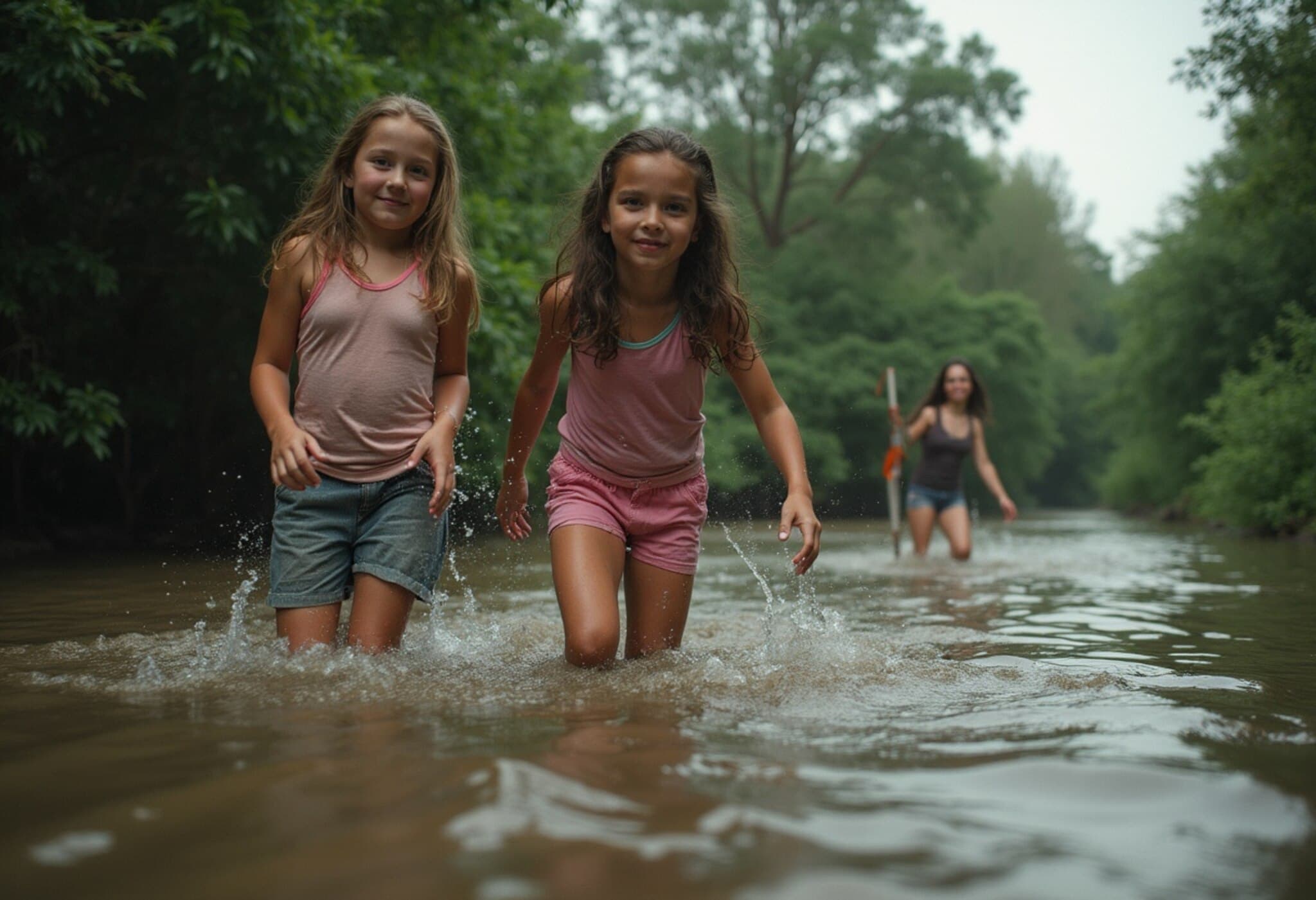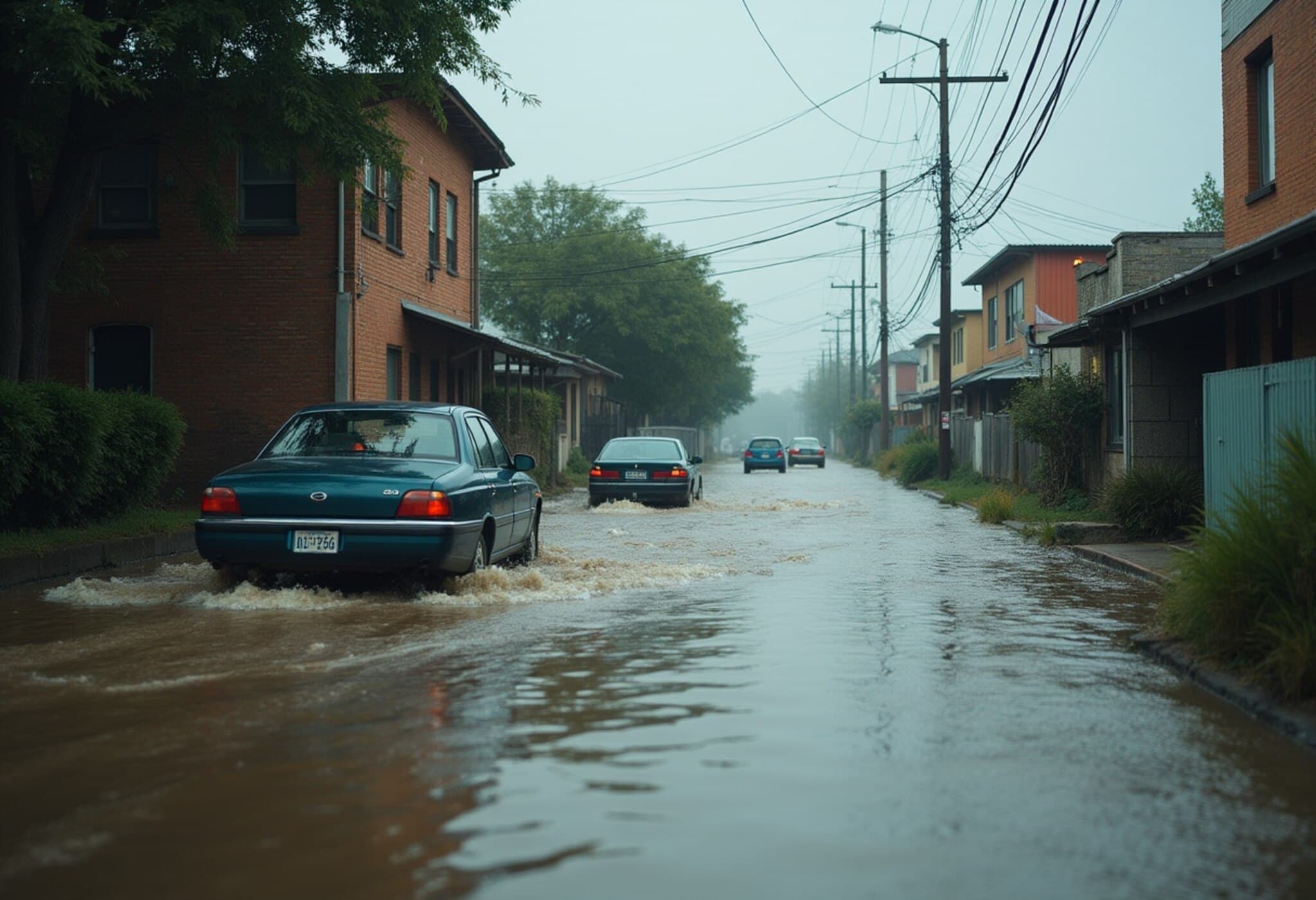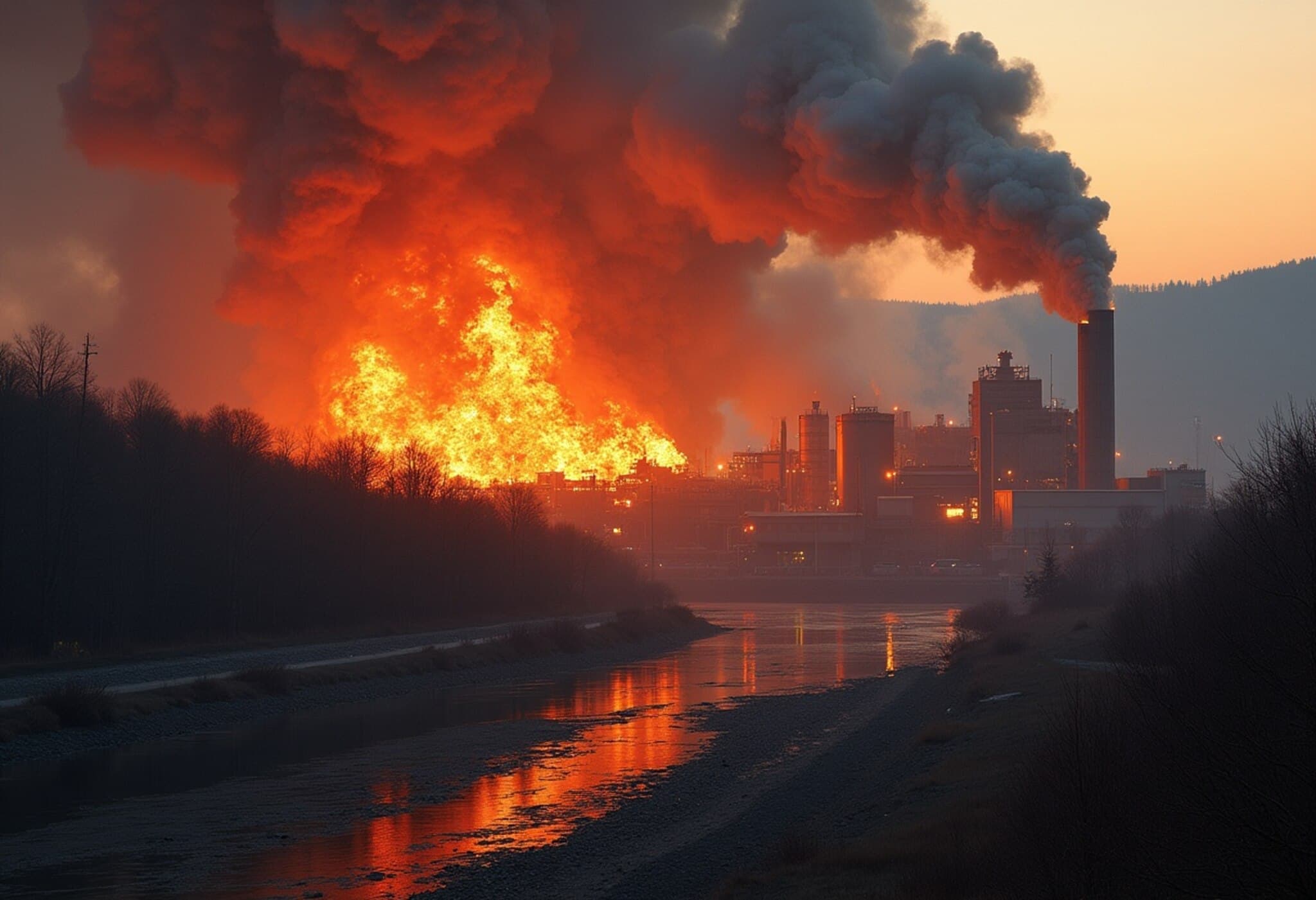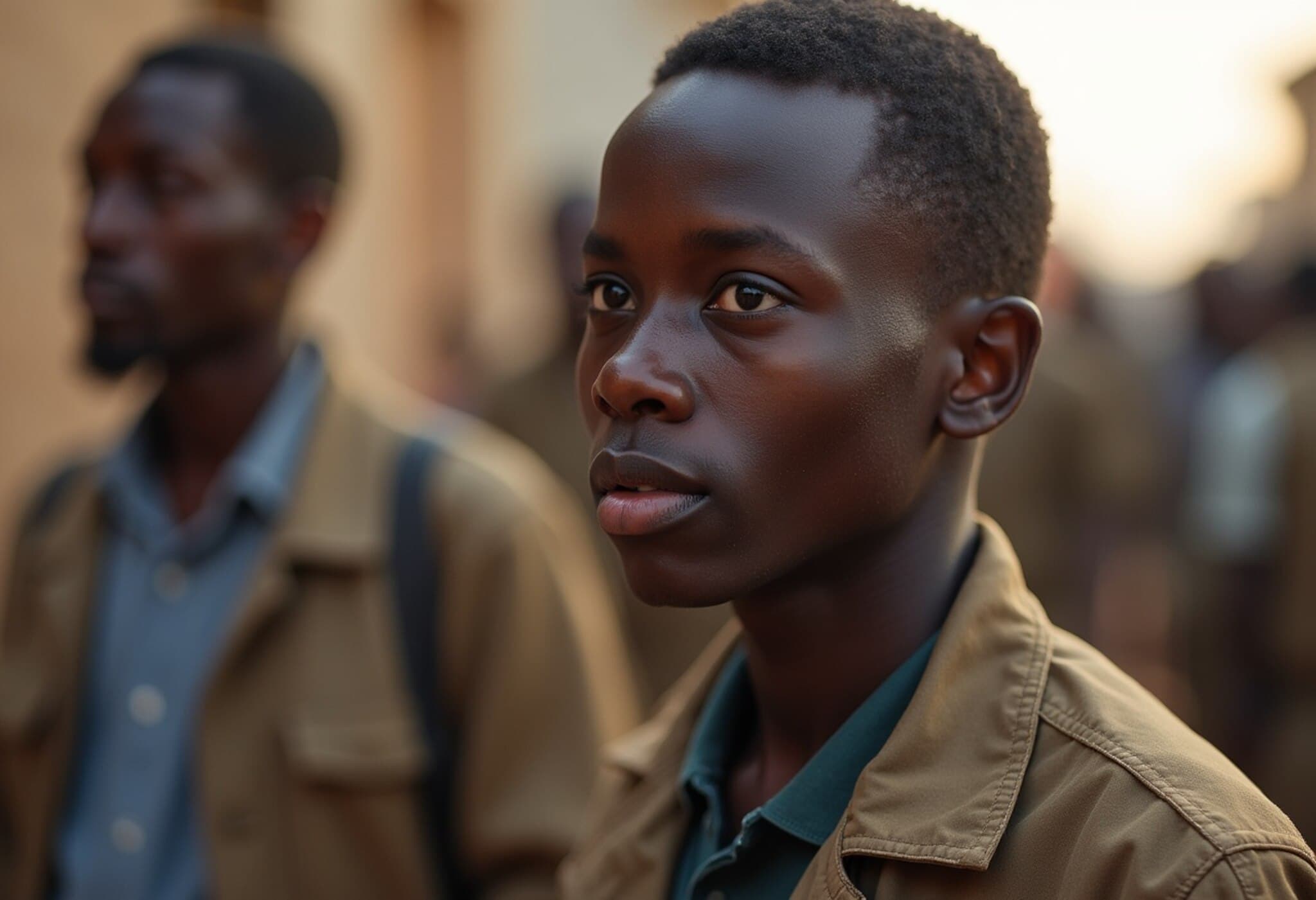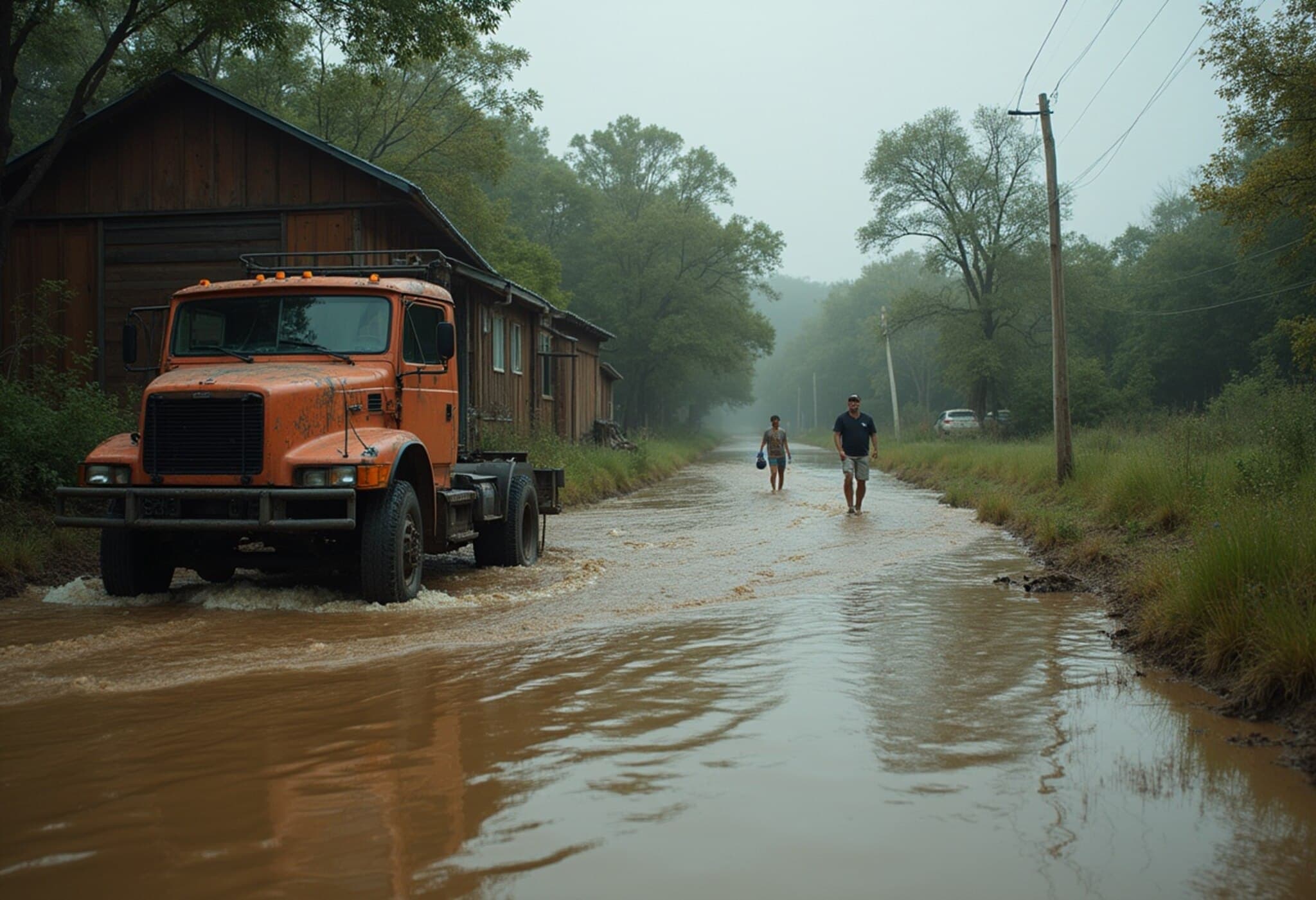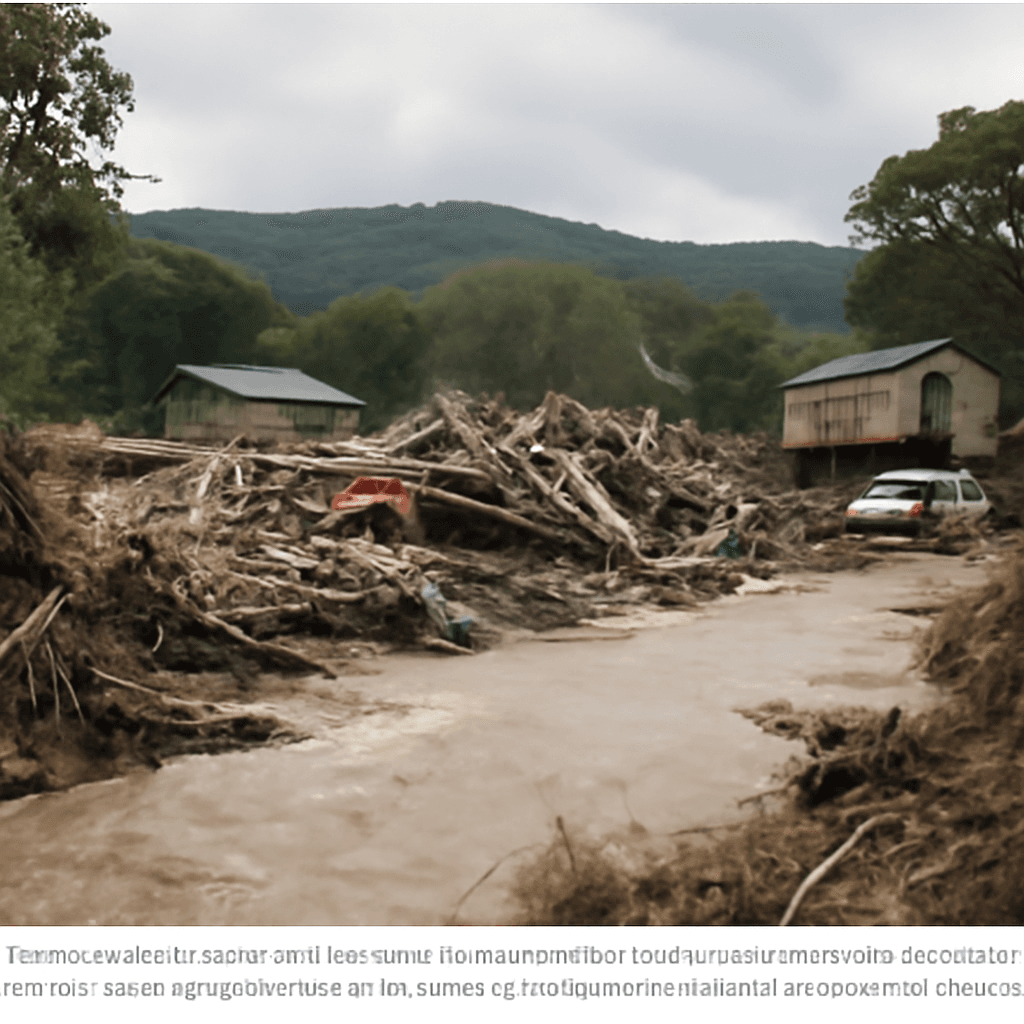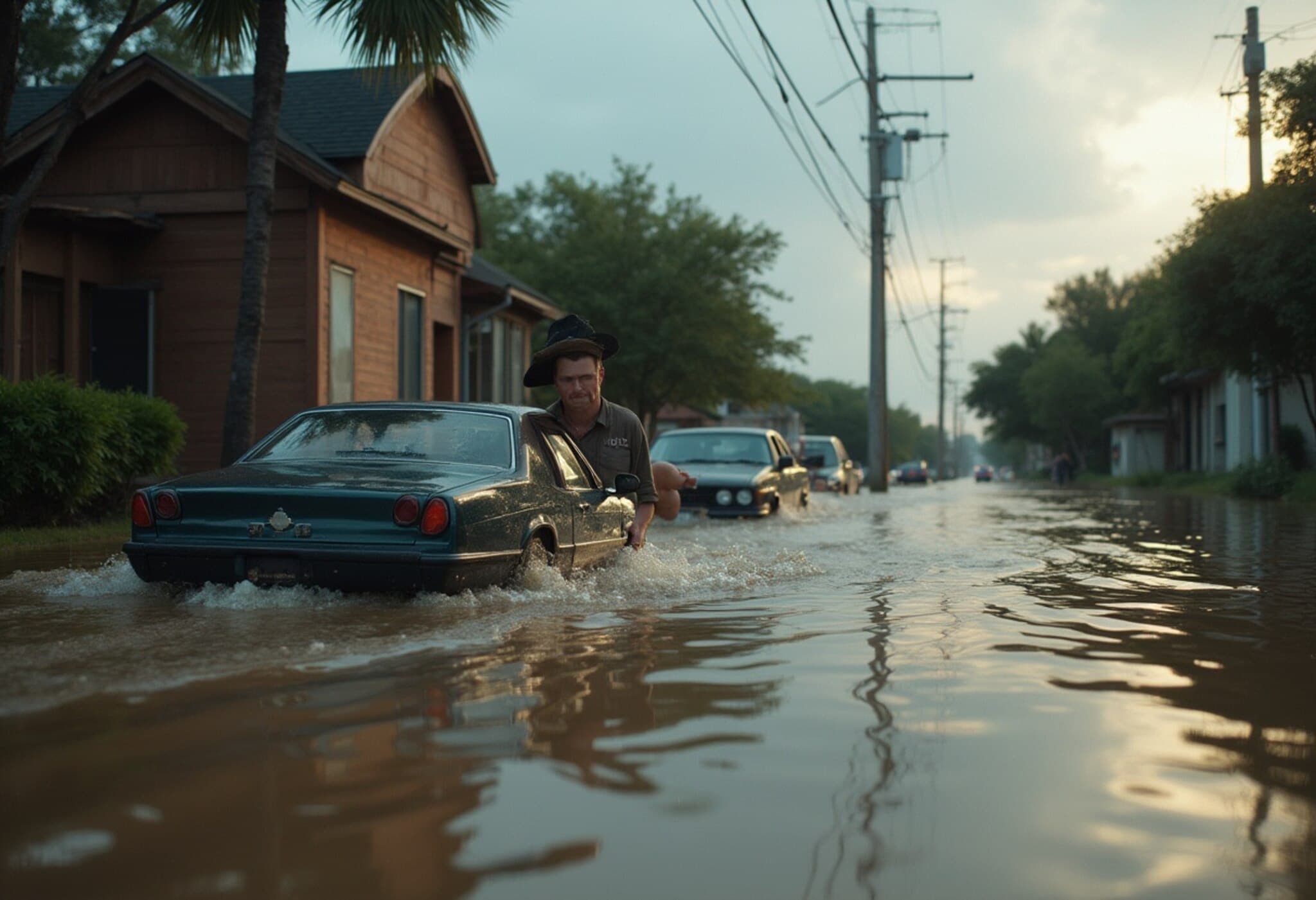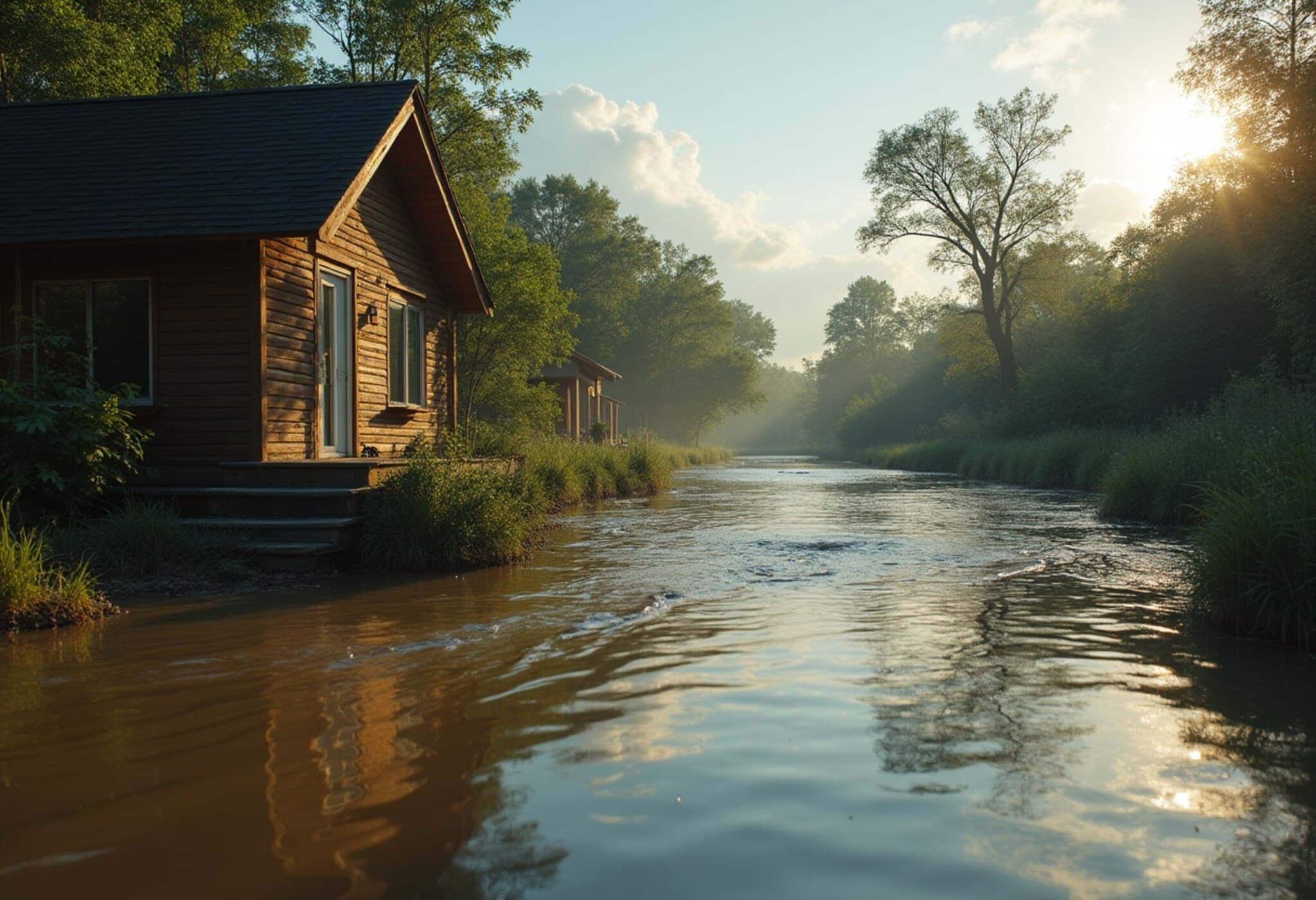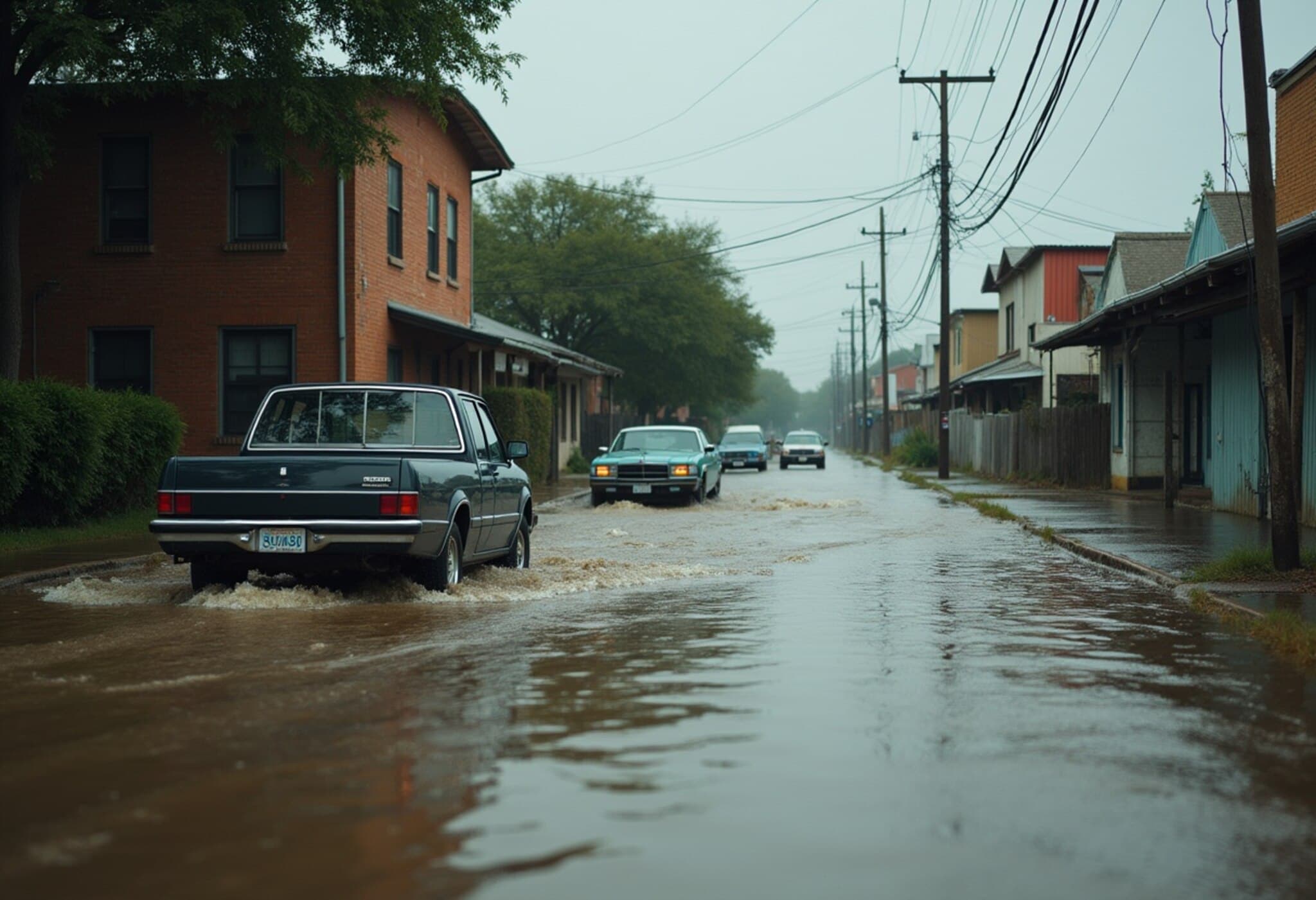Devastating Flash Floods Claim Over 90 Lives in Texas, Including 27 Girls at Camp Mystic
Texas continues to grapple with one of its deadliest natural disasters in recent memory, as flash floods unleashed during the Fourth of July weekend have claimed more than 90 lives. Among the victims are 27 young girls and counselors from Camp Mystic, an all-girls summer camp nestled along the Guadalupe River in Hunt, Texas.
Tragic Loss at a Beloved Summer Camp
The initial joy and adventure typical of summer camp swiftly turned to horror as torrential rains caused the Guadalupe River to surge abruptly, swallowing cabins and sweeping campers away in the dead of night. Camp Mystic, with approximately 750 attendees, is mourning an unimaginable loss. In a heartfelt statement, camp officials expressed solidarity with grieving families: "Our hearts are broken alongside our families enduring this unimaginable tragedy."
Search and Rescue Efforts Amid Ongoing Rain
Rescue teams, aided by helicopters and boats, continue to comb the flood-affected areas, scrambling to locate survivors and recover victims. The floodwaters surged to a height near 26 feet in just 45 minutes — enough to engulf structures and obliterate familiar landscapes.
The situation remains volatile with forecasters warning of persistent rain over largely saturated soil, raising the specter of further flash floods across the region.
Rising Death Toll and Official Responses
As of July 7, White House officials have confirmed the death toll stands at 91, with Texas Senator Ted Cruz emphasizing that this number may unfortunately climb as search efforts continue. "Texas is grieving right now – the pain, the shock have broken the heart of our state," Cruz reflected soberly, underscoring the deep psychological toll this disaster has exacted.
President Donald Trump announced plans to visit Texas on July 11 and has activated a major disaster declaration, unlocking federal aid and resources to support overwhelmed local agencies. The White House also rebuffs claims that cuts to weather services hampered early warning, with Press Secretary Karoline Leavitt affirming that the National Weather Service issued "timely and precise forecasts and warnings."
Understanding “Flash Flood Alley” and Climate Context
South and central Texas lie within what is colloquially called "Flash Flood Alley," a known hotspot for sudden, intense flooding events. These flash floods happen when extremely heavy rains fall on already saturated ground, preventing absorption and causing overwhelming runoff.
Experts note that the frequency and severity of such extreme weather events have been exacerbated by human-driven climate change, which intensifies rainfall patterns and increases the likelihood of such catastrophes. This tragedy serves as a somber reminder of the growing urgency to adapt infrastructure and emergency preparedness to a changing climate.
The Human Dimension: A Summer Tradition Marred by Tragedy
Summer camps have long been cherished for providing kids with outdoor adventures and lifelong friendships. Senator Cruz poignantly recalled this, saying camps offer a chance to "make lifetime friends – and then suddenly it turns to tragedy." This disaster touches a universal fear — the safety of children — resonating deeply across families nationwide.
Editor’s Note
This heartbreaking event exposes critical challenges facing emergency management in flood-prone regions, where extreme weather increasingly tests preparedness and resilience. Beyond the immediate tragedy at Camp Mystic, questions remain about how communities and policymakers can better anticipate, mitigate, and respond to flash floods intensified by climatic shifts. How will Texas and other vulnerable states adapt their infrastructure and early warning systems in the future? And how can the nation support those whose lives have been irrevocably changed by such disasters? Reflecting on these questions is essential as we mourn and rebuild.

